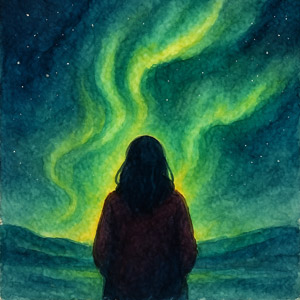— Ray Bradbury
 Inspired by the possibilities imagined by Edgar Rice Burroughs, Edgar Allan Poe, Jules Verne, and H.G. Wells, legendary fantasy writer Raymond Douglas Bradbury (1920–2012) transformed a love of magic and vivid dreams into writing from a young age.
Inspired by the possibilities imagined by Edgar Rice Burroughs, Edgar Allan Poe, Jules Verne, and H.G. Wells, legendary fantasy writer Raymond Douglas Bradbury (1920–2012) transformed a love of magic and vivid dreams into writing from a young age.
"Sometimes I think I understand everything. Then I regain consciousness," he joked.
Born in Waukegan, Illinois, the son of a power lineman, Bradbury once described his remarkable work as "speculative fiction." He clarified, "I don’t write science fiction—I write about what’s possible."
Among his timeless works are The Martian Chronicles (1950), The Illustrated Man (1951), and Fahrenheit 451 (1953), the classic tale of a totalitarian society where books are illegal. A genius of social criticism, he used fiction to explore censorship, creativity, and technological fear.
"My answer to growing old at any age, whether you’re growing to be twenty, or forty, or sixty, or eighty, is to fall in love and stay in love," he said. His literary vision became a colorful celebration of past and future, darkness and light, delight and horror.
"You can't try to do things; you simply must do them," said Bradbury, a masterful storyteller who changed the world with his words.
His lifelong motto? “Jump off the cliff and build your wings on the way down.”
 Let your beautiful stuff out.💫
Let your beautiful stuff out.💫
